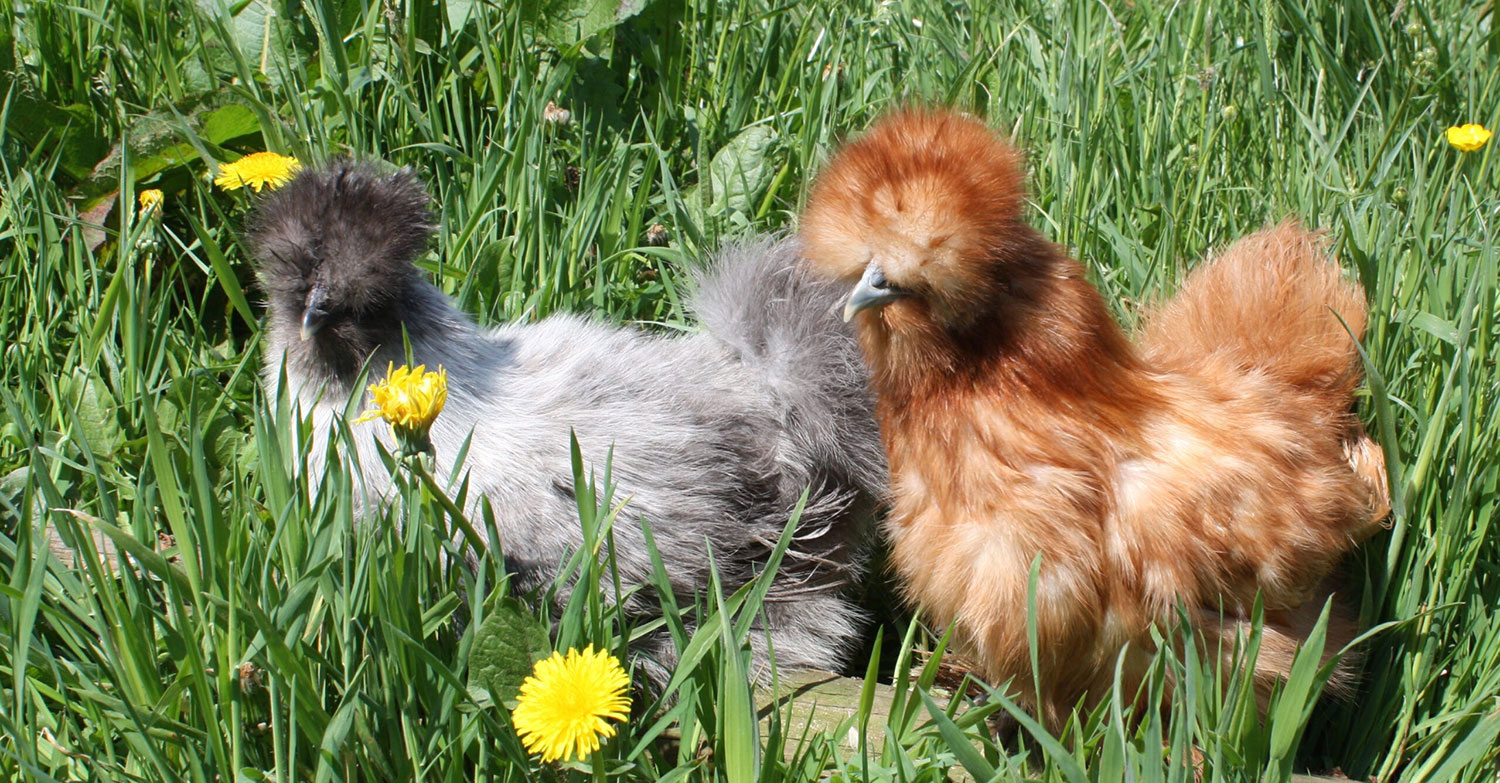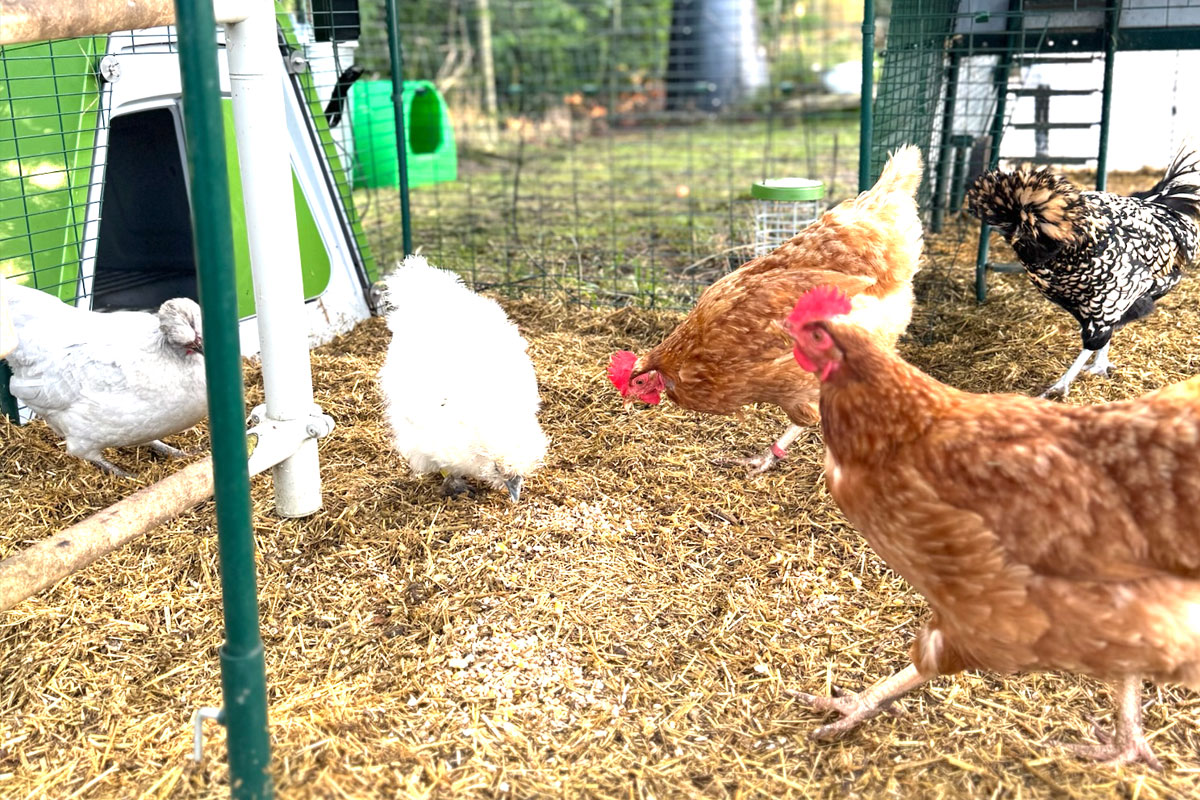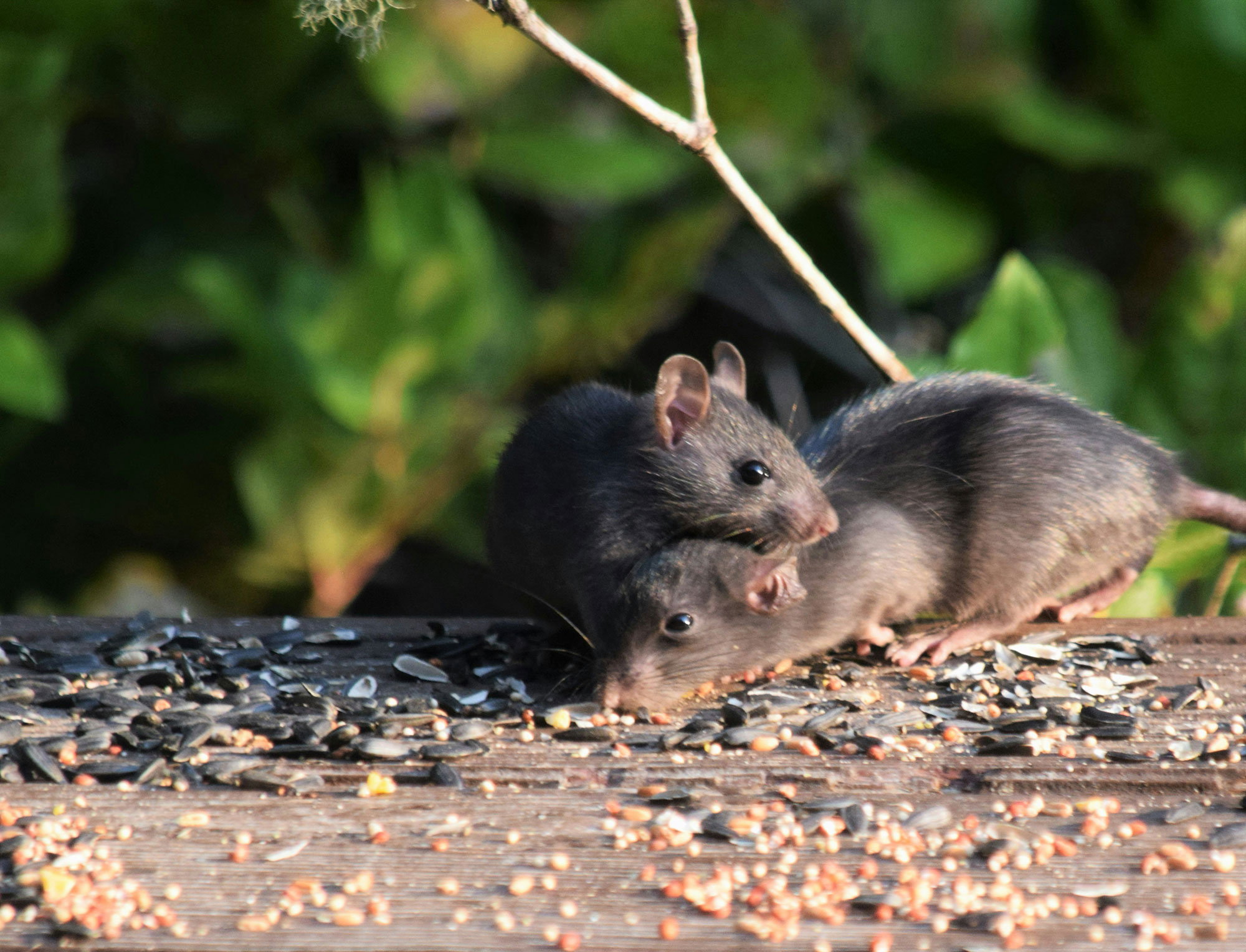


Do Chickens Attract Rats? And What You Can Do to Prevent Them
If you’re thinking about keeping chickens, or maybe you're already a proud keeper with a lovely little flock clucking around your garden, you may have been told “Keeping Chickens in your Garden?? You’ll get rats, you know.” Cue the mental image of whiskers, twitchy noses, and tails disappearing under the compost bin, or maybe you have already seen a few of the tell 'tale' signs of rats.
Well, here’s the good news: keeping chickens does not automatically mean your property will be overrun by rats. However, if you’re not careful with how you store feed and manage your chicken keeping setup, then rats can be a huge problem. After many years of raising chickens here at Pipinchick HQ, we know a thing or two about rats and how to stop them ruining your chicken keeping fun. This is our handy guide to help you be fully informed about why rats are attracted to chickens, what kind of damage they can cause, how to stop them from making themselves at home, and importantly, why the fear of rats shouldn’t stop you from enjoying the many joys of chicken keeping.
Why Do Rats Like Chicken Coops?
Firstly, rats don’t have a vendetta against chickens. They’re not stalking your flock like cartoon villains. What they do love is food, warmth, and shelter, and your chicken coop offers rats all three of these - if you’re not careful.
Food: Chicken feed is high in calories and often left out in open feeders, making it a buffet for rodents. Even a few scattered pellets on the ground are enough to spark the interest of the nearest rat.
Water: Rats need water to survive. If your hens have a steady water supply (as they should), that’s one more tick on the rat’s checklist.
Shelter: Coops, sheds, compost heaps, woodpiles—they’re all potential hideouts for rats. They love nesting in dark, dry, undisturbed spaces. If you’ve got bedding, hay, or straw lying around, that’s basically an invitation for a sleepover.
What Kind of Damage Can Rats Do?
While you might never actually see a rat (they tend to be nocturnal, the mess they can leave behind is unmistakable.
- Chewing: Rats gnaw constantly to keep their teeth in check. Wood, plastic, wires—they’re not fussy. Left unchecked, they can cause serious structural damage to coops, runs, and outbuildings.
- Contamination: Rat droppings and urine can contaminate chicken feed and water, posing health risks to your flock and you.
- Disease: Rats can carry diseases like leptospirosis, salmonella, and Weil’s disease, which can be transmitted through their droppings or urine.
- Egg theft: Believe it or not, rats have been known to steal (or eat) eggs.
How to Prevent Rats When Keeping Chickens
So how can you stop rats before they ever become a problem? These are tried-and-tested, sensible measures that won’t take the joy out of keeping hens.
1. Feed Smarter
Don’t leave feed out overnight. Use rat-proof feeders—those that close automatically or are treadle-operated so only chickens can access them. Always clear up any spilt feed and store bags in a sealed metal bin, not in the coop or shed where rats could easily gnaw through plastic or paper.
2. Raise the Coop
Make sure your coop is raised off the ground. Rats love to burrow underneath, so lifting the structure creates one less hiding place. Keep bedding fresh and dry, and do a quick check for droppings or gnaw marks when you clean.
3. Block Entry Points
Rats can squeeze through a hole the size of a 50p coin, honestly, that's not an exaggeration. Check your coop and nearby buildings for gaps, cracks, or holes, and seal them with metal mesh (they can chew through expanding foam like it’s cheese). Ventilation is important, but make sure it’s rodent-proof.
4. Tidy Up the Garden
A cluttered garden is a rat’s dream. Compost heaps, overgrown corners, woodpiles, and junk give them safe passage and nesting spots. Keep things neat and trim back overgrowth, especially around the coop.
5. Don’t Leave Eggs Overnight
Collect eggs daily, especially if you’ve had any signs of rats or mice. The less incentive there is for them to break in, the better.
6. Secure the Bin Area
If you keep your household or kitchen waste bins near your coop or garden, make sure they are sealed tightly. Food scraps—even if they’re technically “chicken safe”—can attract rodents. Consider using a compost tumbler rather than an open heap.
7. Encourage Natural Deterrents
If you’ve got space, consider making your garden less hospitable to rats. No standing water, no open food, and a clean coop mean fewer reasons for them to move in. Some people swear by peppermint oil-soaked cotton balls, placed near suspected entry points. Rats hate the smell. And of course, some cat owners report a drop in rat activity just from their feline’s presence (though you’ll need a chicken-friendly cat).
Should You Be Put Off Keeping Chickens?
Absolutely not. The reality is, rats are just part of life, whether you live in a town, city or in the countryside. Whether you have chickens or not. If there is food, shelter, and water, then it's very likely that there will be rats. However, just because you are keeping chickens, it doesn’t mean that rats will definitely move in.
With a bit of forward planning and sensible rat-preventing measures, you can keep chickens without ever seeing so much as a whisker, trust us. Your flock can thrive, your garden can stay tidy, and you don’t need to worry that you’re inviting a rat apocalypse.
The joy of collecting fresh eggs, watching your hens scratch and chat, and having a living compost bin far outweighs the manageable risk of rodent visitors.
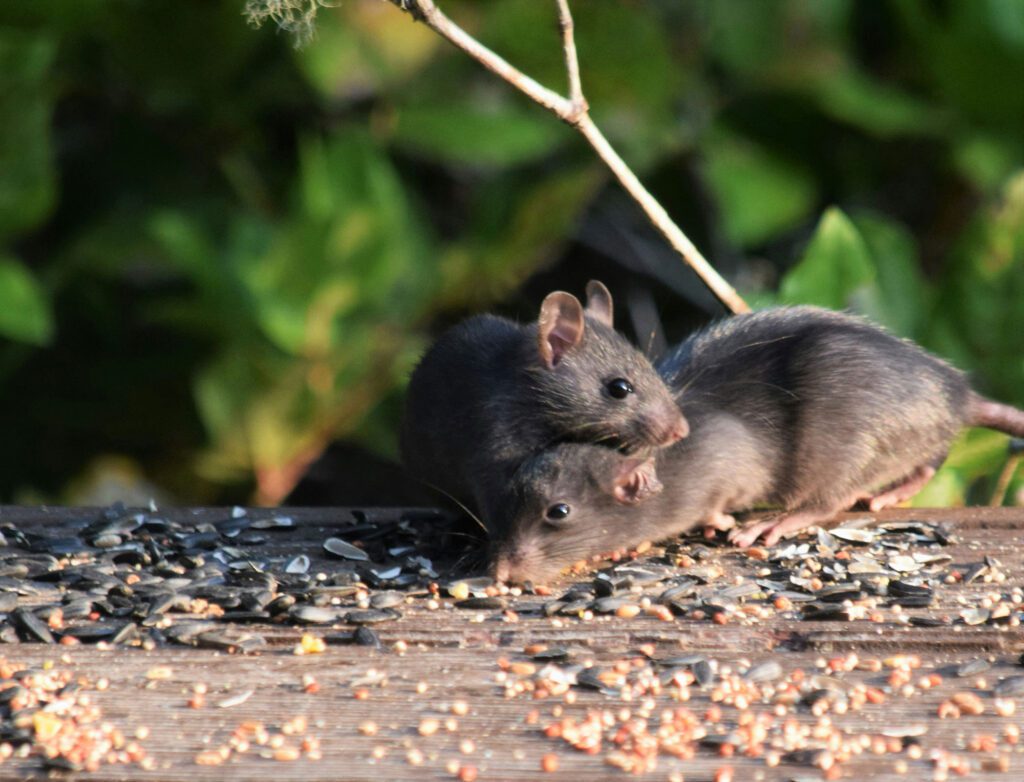
Rats vs Chickens - You Can Win!
So, yes rats might take an interest in your chickens, but only if you make it easy for them. Cut off their food supply, block their access, and keep your setup clean and secure; they’ll swiftly move on to somewhere else more appealing.
Don’t let rat scare stories stop you from becoming a chicken owner. With a bit of vigilance, a few smart tricks, and perhaps a slightly more enthusiastic approach to tidying up the shed, you’ll have a happy, healthy flock—and a rat-free coop.
At Pipinchick, we have been raising chickens in a (more or less!) rat-free environment for many years. Our chickens are hatched, hand-reared, and nurtured by us on our farm in the beautiful Somerset Countryside in the Chew Valley near Bristol until they are ready to be sold online and delivered safely to your door. Take a look at our cute and fluffy silkies, our fun and friendly bantams, or all of our chickens for sale here. We also stock a wide variety of chicken coops & runs, including classic wooden coops and plastic chicken houses, as well as a whole host of poultry supplies, including poultry feeders, poultry drinkers, chicken healthcare, chicken hygiene and chicken feed.

